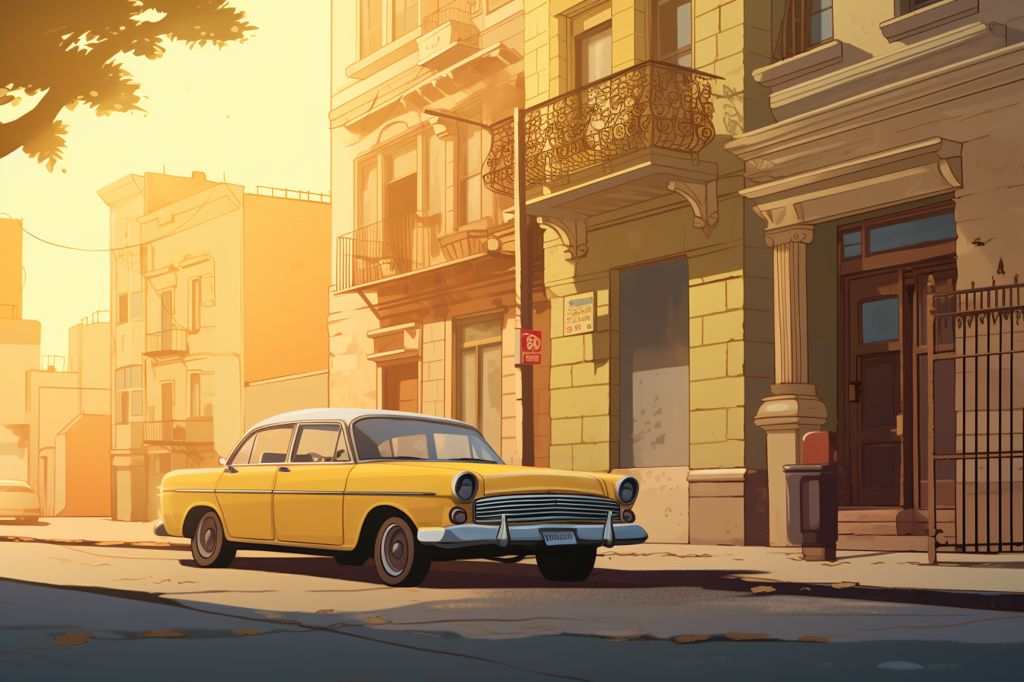Negotiations between Stakeholders Fail to End Ongoing Strike
The ongoing taxi strike in Cape Town has been causing chaos in the city since last Thursday, impacting the daily lives of residents and the region’s economy. Despite negotiations between the Western Cape Government (WCG), City of Cape Town (CoCT), and the South African National Taxi Council (Santaco), a resolution has yet to be reached.
Key Stakeholders Engage in Dialogue to Find a Solution
The talks between key stakeholders, including Councillor Rob Quintas, Western Cape Minister of Mobility Ricardo Mackenzie, National Minister of Transport Sindisiwe Chikunga, and Santaco leadership, aimed to find a mutual solution. However, Santaco’s demands, which include priority access for taxis in yellow and red lanes during rush hour, traffic obstruction allowances, and a suspension of operating license conditions, are not legally implementable.
Authorities Struggle with Consequences of Strike
The strike has resulted in violence, intimidation, and destruction that negatively affect communities and essential services. The lack of accessible transportation has made it difficult for residents to reach work, school, and other vital facilities. The closure of government services, such as health and social development offices, has also been necessary.
Transport Operators Struggle Under Volatile Conditions
Transport operators like Golden Arrow Bus Services and MyCiTi have made efforts to maintain their scheduled services. However, threats to driver and passenger safety have forced Golden Arrow to halt operations in specific areas.
Clear Communication, Collaboration, and Compromise Needed for a Resolution
The Cape Town taxi strike highlights the necessity for clear communication, collaboration, and compromise among all parties involved. As the clock ticks, countless residents’ livelihoods hang in the balance while the city and province navigate the complex legal and logistical challenges standing in the way of a much-needed resolution.












